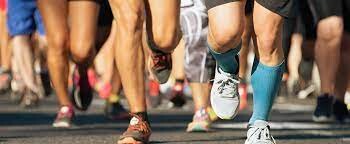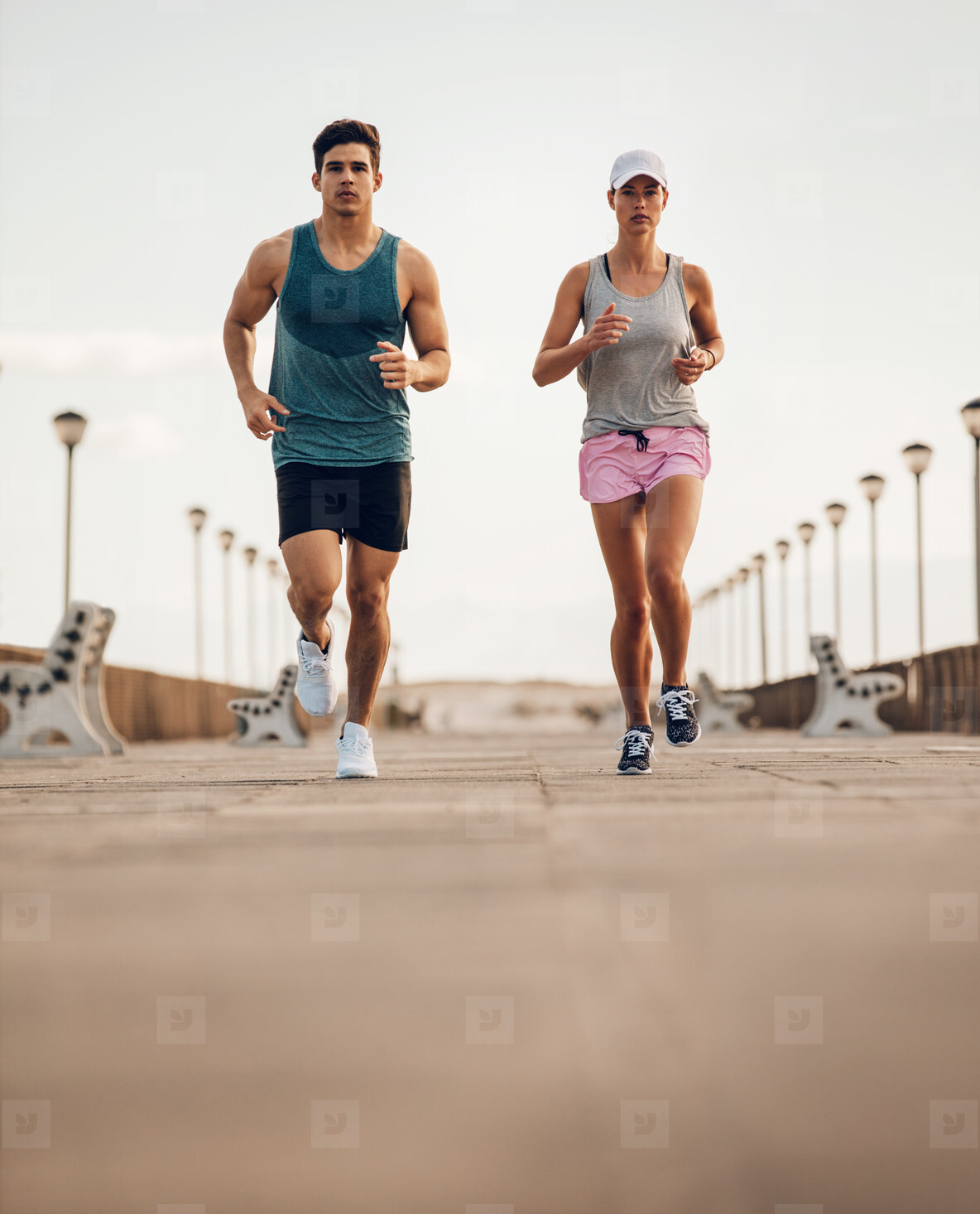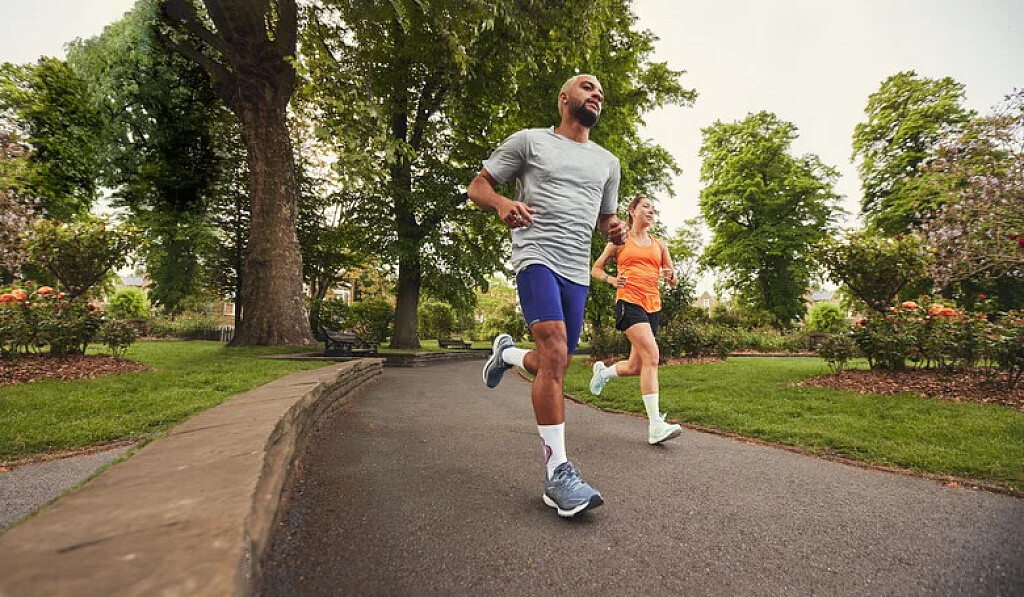Running News Daily
Running News Daily is edited by Bob Anderson. Send your news items to bob@mybestruns.com Advertising opportunities available. Train the Kenyan Way at KATA Kenya and Portugal owned and operated by Bob Anderson. Be sure to catch our movie A Long Run the movie KATA Running Camps and KATA Potato Farms - 31 now open in Kenya! https://kata.ke/
Index to Daily Posts · Sign Up For Updates · Run The World Feed
Running may boost inflammation-fighting cells that enhance performance, study finds
A new study reported in The Harvard Gazette has shed more light on how exercise helps the body boost its ability to fight inflammation, which in turn improves performance.
The study, done in mice, suggests the possible role of the exercise in both reducing inflammation and improving performance. Exercise triggers natural inflammation, and our bodies counter the inflammation using something called T-cells or Tregs, which also seem to enhance our ability to use energy as fuel and improve our physical endurance.
The study

Inflammation is the body’s natural response to injury or infection, but prolonged or chronic inflammation can contribute to the development of heart disease, cancer and autoimmune conditions. Exercise causes temporary damage to the muscles and unleashes an inflammatory response–and this not only helps our bodies become stronger at fighting inflammation in general, but also may help us become faster and stronger athletes.
A team at Harvard Medical School analyzed what happens in cells that were taken from the hind leg muscles of mice that ran on treadmills. The team then compared them with muscle cells obtained from sedentary mice.

The muscle cells of the mice that ran on treadmills showed signs of inflammation and elevated levels of the inflammation-fighting T-cells or Tregs. Researchers discovered that not only did the Tregs lower exercise-induced inflammation, but they also were responsible for the broader benefits seen in regular exercises.
The animals who didn’t exercise still experienced muscle inflammation, but it was not combated by Tregs. Their muscle cells also had swollen mitochondria (a sign of metabolic abnormality). The animals lacking Tregs did not experience the same whole-body benefits from exercise, and had diminished aerobic capacity.
The takeaway
Exercise not only helps our bodies become better able to fight off inflammation, but the inflammation-response cycle that exercise generates may also help build muscular endurance.
“Our research suggests that with exercise, we have a natural way to boost the body’s immune responses to reduce inflammation,” said Diane Mathis, professor of immunology in the Blavatnik Institute at Harvard. “The immune system, and the Tregs cell arm in particular, has a broad impact on tissue health that goes beyond protection against pathogens and controlling cancer. Our study demonstrates that the immune system exerts powerful effects inside the muscle during exercise.”
While research on humans is needed, this research is an important step in understanding how, exactly, exercise makes us healthier. “Mice are not people,” researchers explained, “and the findings remain to be replicated in further studies. However, the study is an important step toward detailing the cellular and molecular changes that occur during exercise and confer health benefits.”
by Keeley Milne
Login to leave a comment




